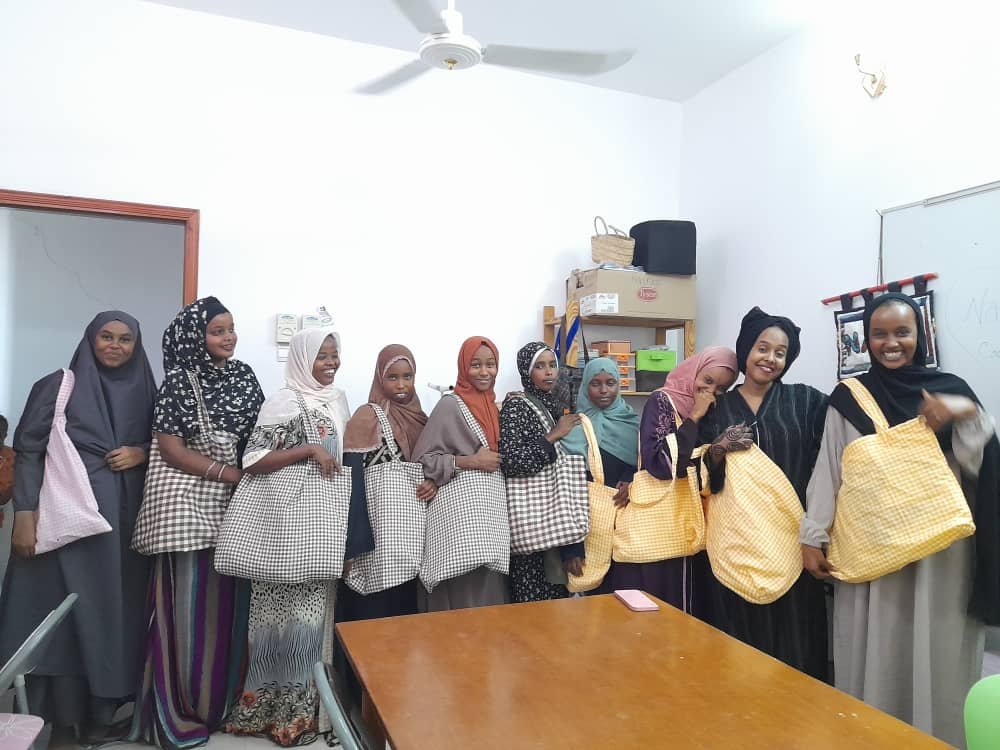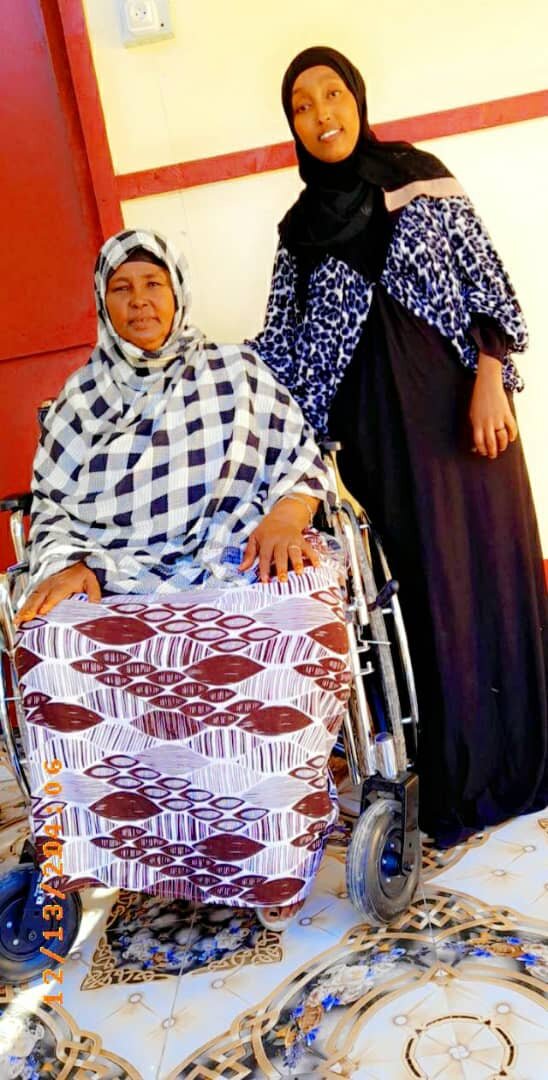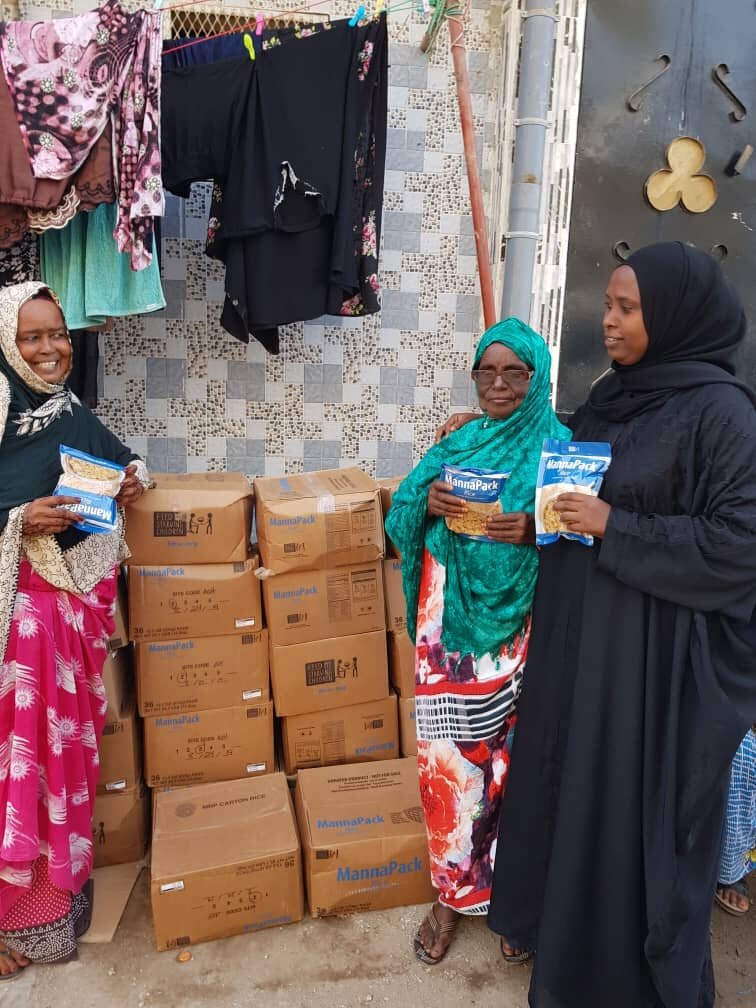
News
Latest Updates
Stay up to date with all the amazing work of L.I.F.E
More stories from L.I.F.E
Inside an IDP camp: Food Relief
The needs in the Internally Displaced People (IDP) camp in Mohammed Morge, just outside of Hargeisa, are extreme.
The needs in the Internally Displaced People (IDP) camp in Mohammed Morge, just outside of Hargeisa, are extreme. The camp was established due to the drought in Somaliland. Officially the camp has 1600 families. There are 5-7 people per family of which 4-5 of these members are children under the age of 15. Most often the inhabitants are thus elderly, widowed, or children. The camp is growing with more than 100 new families arriving per month. The major needs in the camp are food, clean water, shelter, proper sanitation, and medicine.
The camp has a functional committee that has registered themselves as a CBO (Community Based Organization) with the Somaliland government. It is divided in groups of 20 families with leaders that were appointed by the groups themselves. There is a makeshift clinic with a nurse from Southern Somalia volunteering her services. Some small kiosks have been opened, a small vegetable market exists, and there are some places that sell water. Some of the inhabitants who are strong
enough go to Hargeisa to beg or look for jobs.
LIFE International (with the help of donors) gave 1500 14kg boxes of MannaPack Rice to the camp. The LIFE International team went to the camp and distributed the 1500 food coupons door-to-door to the inhabitants of the camp. We gave a box for every food coupon received. Although there has been a bit of insecurity caused by the large crowd of people, the day proceeded as planned and the distribution was successfully completed. Some ‘mamas’ cried for joy while many of them were not even able to carry their own boxes. One lady even collapsed due to hunger.
Khadija is a 60-year-old Somalilander who has lost her husband a couple of years ago. She has 10 children. “I pray to Allah for help each day. I have nothing and am only begging for my daily bread! This is the first food I have for more than a month,” she said while kissing my hand (as a sign of appreciation).
Sulecha Ismael is barely 20-years-old and already a mother of two. Her husband (30 years old) is with her in the camp and jobless. They fled the fighting in Mogadishu and now she moves from house to house, looking for some washing to do. Life is difficult with her two small children. Many
times they have to go to bed hungry. She appreciated the Manna rice very much!
Habiba clung to to her box of food as she agreed to talk to us. She never took her hand off the box during the
interview, as if it is her only possession. She is a 70-year-old from a rural area in Somaliland. There are 5 of her children with her in the camp. She also has a child in the hospital. The pain in her face tells the story of her 3 children and husband who have died. She has been in the camp for the last 5 months and this is the first relief food she has received!
Food and Tent Distribution
Generous donors have continued to provide rice, food supplements and shelter.
Generous donors have continued to provide rice, food supplements and shelter. A batch of 440 pink tents has brightened up many shanty areas but more importantly has brightened up the lives of the recipients and provided shelter for cold nights and protection from disease-carrying mosquitoes.
In this world, having employment may not be enough to keep body and soul together and having an illness throws you on the mercy of others. Here are some examples of those helped this year.
Khadija is a lady who has three children, one boy and two girls who are deaf. Her husband is a watchman who earns 15,000 Djiboutian Francs ($83) per month.
She told us, “My husband’s salary is not enough for us. Each month I spend 5,000 df ($27) on milk for my children, and 3,000 ($17) on bus fares for my husband to get to work. That leaves 7,000 df ($38) which is not enough for us to survive the whole month. The rice helps us a lot, because I cannot buy vegetables and meat every day, so when I have rice I can cook it for lunch and for the dinner.”
Hassan and his wife and six children live in a dry wadi in a major city. Last fall it rained and the wadi filled with water, washing all their belongings away. Hassan also lives with TB and is under treatment.
He received a tent, built it up on makeshift stilts and now houses his family there. His family also received rice, which helps feed their family, as his wife does not make enough selling snacks on the street to feed and send her children to school. His wife sells little snacks on the street, making enough money for some of her children to have transport money to go to school.
Southern Somalia Relief Efforts
In response to the drought that wreaked havoc in the Horn of Africa
In response to the drought that wreaked havoc in the Horn of Africa, we have donated 40 boxes of medical supplies, 20 boxes of assorted clothes and shoes, and 500 boxes of MannaPack Fortified Rice, while SCC/UNICEF donated 500 buckets of 20 litres of capacity and soap. Each beneficiary was given one box of MannaPack Fortified Rice, three pieces of soap, a bucket for water, and shoes and clothing.
With our partners, we distributed 6.95 metric tons of food relief consisting of cereal, pulses, vegetable oil and corn soya blend and distributed it to 500 children living in IDP camps in the Hodon district.
Halima Ayow Abbow, a 38-year-old mother with four children displaced from Dedmay village of Barava district is a widow whose husband was murdered in 2010. As she told us in tears, armed groups belonging to Alshabab Militia that controlled the area took him from his home to an unknown prison. The group accused him of being spy and after two months in their custody they sentenced him to be beheaded and his body thrown in the street.
Halima had eight children with no one to assist her in raising them. She said that she recently lost one of her sons on the way to Mogadishu due to famine. “I didn’t have anything to feed him and we were lacking food for six consecutive days so I took my children here to Mogadishu but we still didn’t eat for over 24 hours.”
In a mixed mood of sadness and relief of the past ordeals, Halima expressed her gratitude to those who donated the nutritious food and other items for her children.
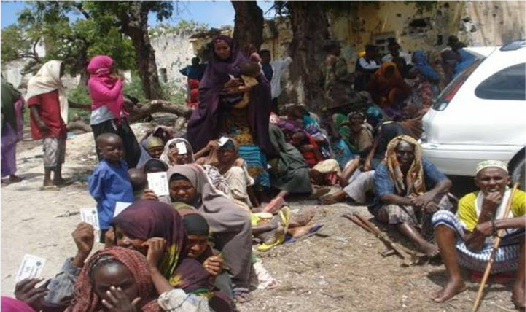
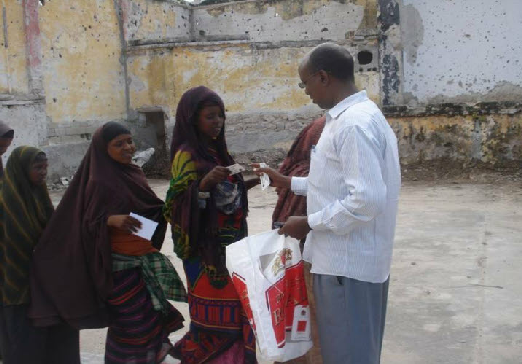
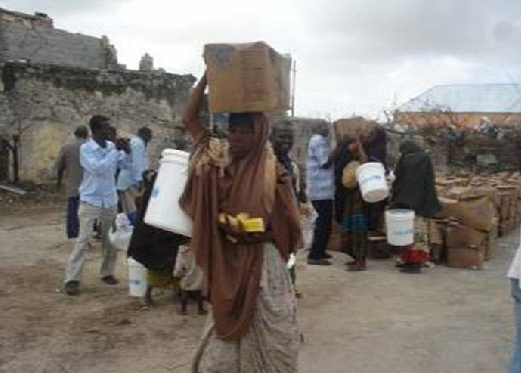
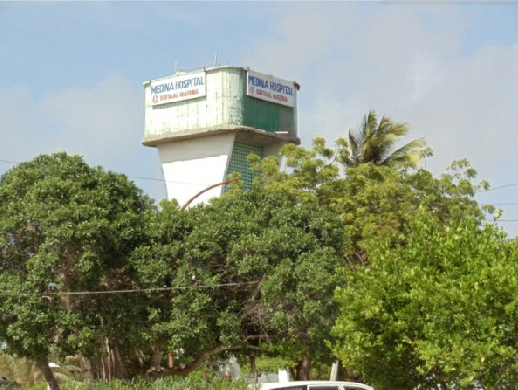
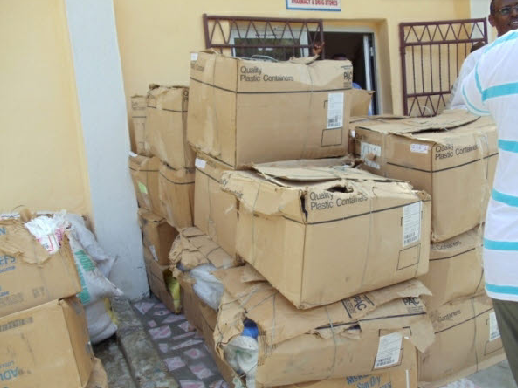
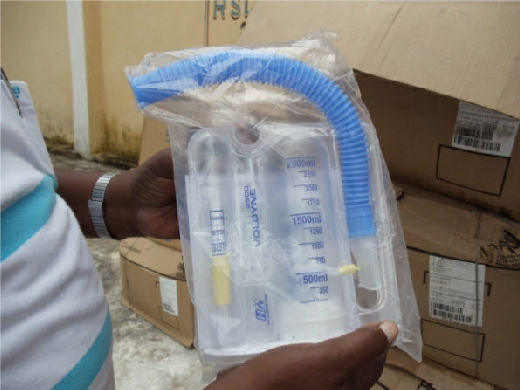


Join the story
Discover how L.I.F.E empowers communities to create lasting change, restoring dignity and inspiring people to build hopeful, thriving futures.

